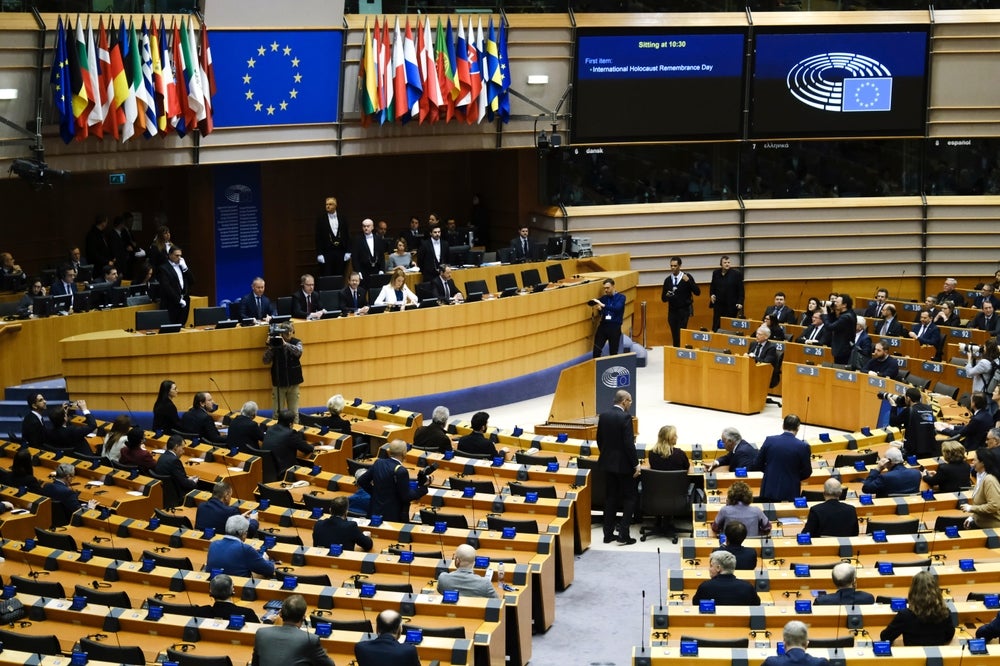
The ETI says while it supports the EU’s commitment to implement a regulatory approach to human rights due diligence, it is important that decision-makers take a comprehensive due diligence approach that is risk-based.
“The EU Corporate Sustainability Due Diligence (CSDD) Directive must faithfully capture companies’ responsibilities to respect human rights and the environment as framed in the United Nations Guiding Principles on Business and Human Rights (UNGPs) and the Organisation for Economic Cooperation and Development (OECD) Guidelines for multinational enterprises. The EU CSDD Directive must offer clarity and legal certainty,” the ETI said.
Peter McAllister, ETI’s executive director, added: “With a combined turnover of over GBP166bn, ETI company members are already deeply committed to practicing and implementing risk-based human rights due diligence across their supply chains. Without doubt, all businesses will profit from an EU-wide level playing field, and suppliers, including their workers, will benefit from the responsible purchasing practices of their customers.”
The ETI has set out 13 recommendations to address the gaps and loopholes through a process of continuous improvement and shared learning. The highlights can be found below.
- The duty to perform human rights and environmental due diligence is an ongoing standard of expected conduct.
Clearly stated in Articles 7(1) and 8(1) that the duty to exercise human rights due diligence is an ongoing standard of expected conduct which should take place in line with the UNGPs and OECD Guidelines. The actions set out elsewhere in the directive are ways of showing that this duty has been met but do not constitute a closed or exhaustive list of steps that need to be taken. Lay out criteria for best practice among contractual assurances and third-party verification.
See Also:
2. Due diligence requires effective engagement with rights holders or those who represent rights holders.
How well do you really know your competitors?
Access the most comprehensive Company Profiles on the market, powered by GlobalData. Save hours of research. Gain competitive edge.

Thank you!
Your download email will arrive shortly
Not ready to buy yet? Download a free sample
We are confident about the unique quality of our Company Profiles. However, we want you to make the most beneficial decision for your business, so we offer a free sample that you can download by submitting the below form
By GlobalDataRemove references to ‘where relevant’ in Article 6(4) and in Article 8(3)(b) and more expressly require effective engagement with rights holders or those who represent rights holders, including trade unions in Articles 6, 7, 8, 9, 10 and 11, including as part of the ongoing duty of human rights and environmental due diligence. Explicitly mention the need for specific consideration for people, including children, in situations of heightened vulnerability.
3. Remove the limitation of the legal duty only to established relationships.
Align with the UNGPs by demanding due diligence across the full scope of the supply chain but allow for prioritisation based on severity and likelihood of risk and impact.
4. Expand the scope of company inclusion to include small and medium organisations.
Based on the principles of proportionality, in line with the European Parliament’s own initiative report.
5. Remove all exemptions on the financial sectors’ due diligence obligations from Articles 6(3), 7(6) and 8(7).
6. Due diligence involves effective non-judicial grievance mechanisms.
Article 9, explicitly mention the criteria set out in Guiding Principle 31 of the UNGPs to ensure the effectiveness of non-judicial grievance mechanisms.
7. Due diligence legislation must ensure transparency.
Require companies to continually disclose key information relevant to human rights due diligence processes, such as governance and accountability structures, supply chain geography and risk, respect for trade union rights —including respect for freedom of association and collective bargaining, and actions taken to mitigate risk or remediate harm.







